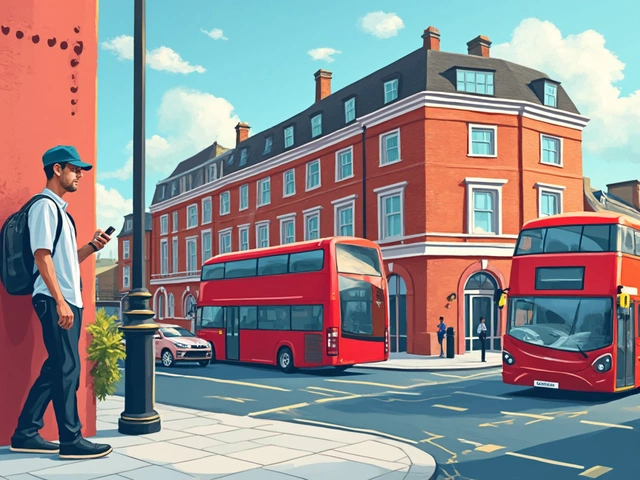How Long Does a Degree Actually Take? Understanding Degree Duration
If you’ve ever wondered whether a degree takes three years, four years or more, you’re not alone. The answer depends on the type of qualification, how you study, and where you study. Below we break down the most common degree lengths so you can plan your education without guessing.
Bachelor’s Degrees: The Standard Timeline
In most countries a full‑time bachelor’s programme runs three to four years. In the UK, most honors degrees are three years, while a year‑in‑industry or a sandwich course adds a fourth year. In the US, a typical four‑year structure includes a mix of general education and major‑specific classes. If you study part‑time, expect the timeline to stretch to six or eight years depending on how many modules you take each semester.
Master’s Degrees: One Year or Two?
Master’s programmes are shorter than bachelor’s but can vary a lot. A taught master’s – like an MSc or MBA – often lasts one year full‑time in the UK or two years in the US where a semester system is common. Research‑based masters may take up to two years if you need time for a thesis. Part‑time options can double the duration, giving you the flexibility to work while you study.
Doctoral degrees (PhDs) are the longest academic path. In the UK a full‑time PhD typically takes three to four years, while in the US it can be five to seven years because of coursework and comprehensive exams. Again, part‑time study can stretch this timeline considerably, sometimes up to ten years.
Other Factors That Change the Clock
Several practical things can speed up or slow down your degree:
- Credits and modules: Some universities let you transfer credits from other institutions, cutting years off your plan.
- Accelerated programmes: Summer terms or intensive courses let you finish faster, but they require a heavier workload.
- Online and hybrid learning: These formats often give you more control over pacing, so you can finish early or stretch out as needed.
- Work experience: Internships or placements can add an extra year, but they provide valuable industry connections.
Choosing the right timeline is a balance between how quickly you need the qualification and how much time you can realistically commit.
Tips to Manage Your Degree Duration
Want to keep your studies on track? Here are a few practical ideas:
- Map out required credits early and check if any can be earned through work or prior learning.
- Talk to academic advisors about accelerated routes or part‑time options that fit your schedule.
- Stay organized with a yearly planner – mark exam dates, project deadlines, and any breaks you plan to take.
- Consider mixed‑mode study: a semester on campus, then online modules to stay flexible.
Remember, the length of a degree isn’t set in stone. Most institutions are willing to work with you to create a schedule that matches your life. Knowing the typical timeframes helps you ask the right questions and make informed decisions.
In short, a bachelor’s usually takes three to four years, a master’s one to two years, and a PhD three to seven years, depending on location, study mode, and personal factors. Use the tips above to keep your plan realistic and avoid unwanted surprises.
April 24, 2025
Evelyn Wescott
0 Comments
Ever wondered how many years it takes to get a logistics degree? This article breaks down the typical lengths of logistics programs, from associate to master's levels, and covers what you actually learn in school. Get details on part-time and online options, plus real-life tips for choosing the right path. Find out how a logistics degree fits the demands of today’s fast-growing logistics industry. Make smart decisions and start planning for a rewarding logistics career.




